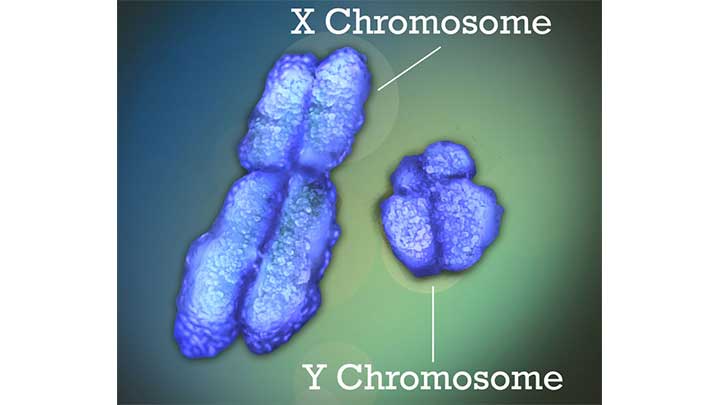
Assigned sex is a label that you’re given at birth based on medical factors, including your hormones, chromosomes, and genitals. Most people are assigned male or female, and this is what’s put on their birth certificates.
When someone’s sexual and reproductive anatomy doesn’t seem to fit the typical definitions of female or male, they may be described as intersex. Some people call the sex we’re assigned at birth “biological sex.” But this term doesn’t fully capture the complex biological, anatomical, and chromosomal variations that can occur. Having only two options (biological male or biological female) might not describe what’s going on inside a person’s body.
Instead of saying “biological sex,” some people use the phrase “assigned male at birth” or “assigned female at birth.” This acknowledges that someone (often a doctor) is making a decision for someone else. The assignment of a biological sex may or may not align with what’s going on with a person’s body, how they feel, or how they identify.
The factors that determine our assigned sex begin as early as fertilization.
- Each sperm has either an X or a Y chromosome in it. All eggs have an X chromosome.
- When sperm fertilizes an egg, its X or Y chromosome combines with the X chromosome of the egg.
- A person with XX chromosomes usually has female sex and reproductive organs, and is therefore usually assigned biologically female.
- A person with XY chromosomes usually has male sex and reproductive organs, and is therefore usually assigned biologically male.
Other arrangements of chromosomes, hormones, and body parts can happen, which results in someone being intersex.
